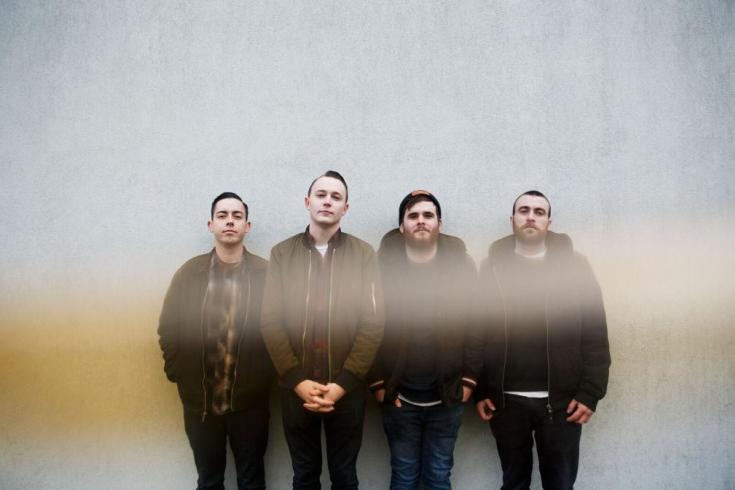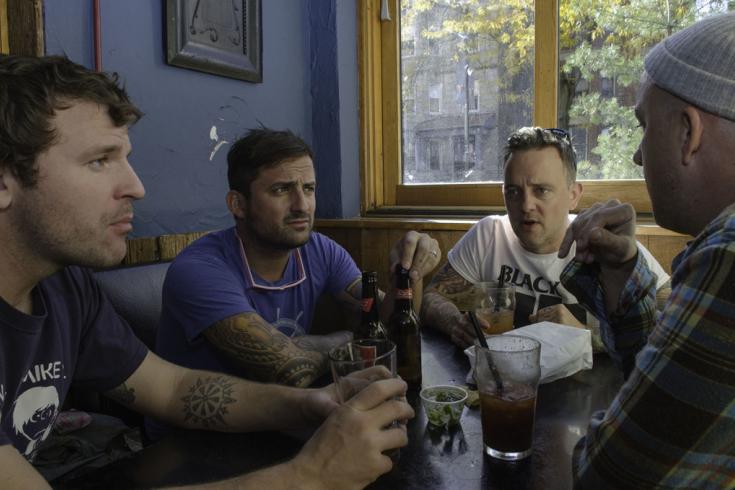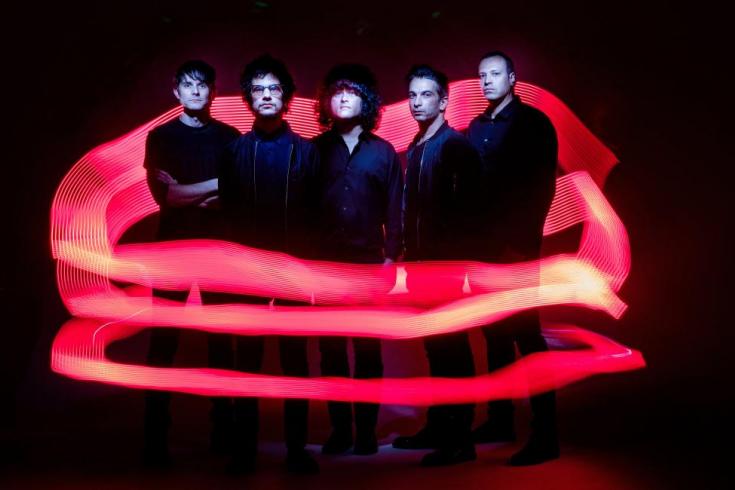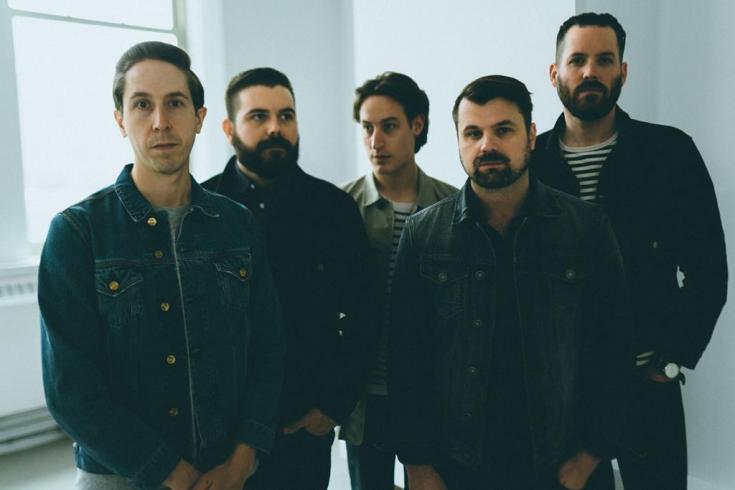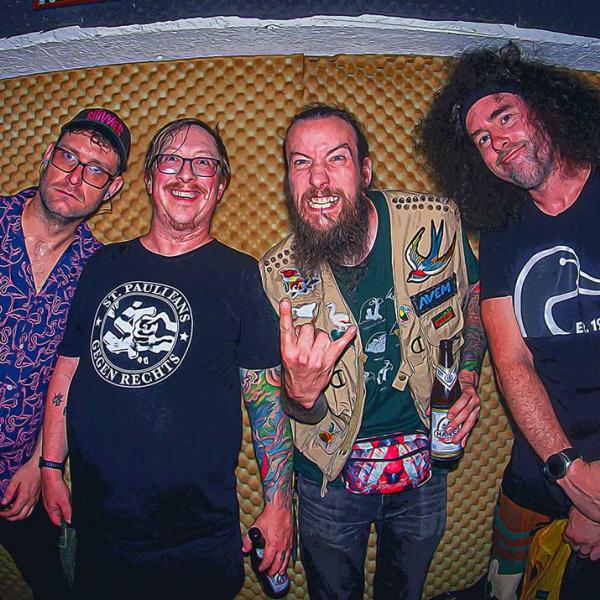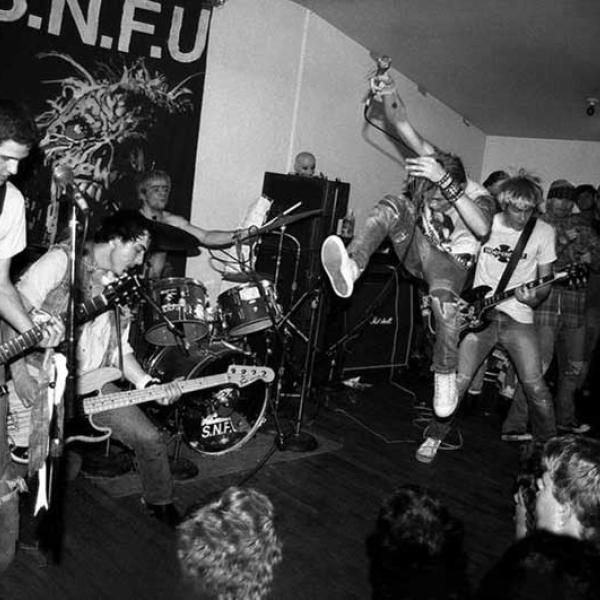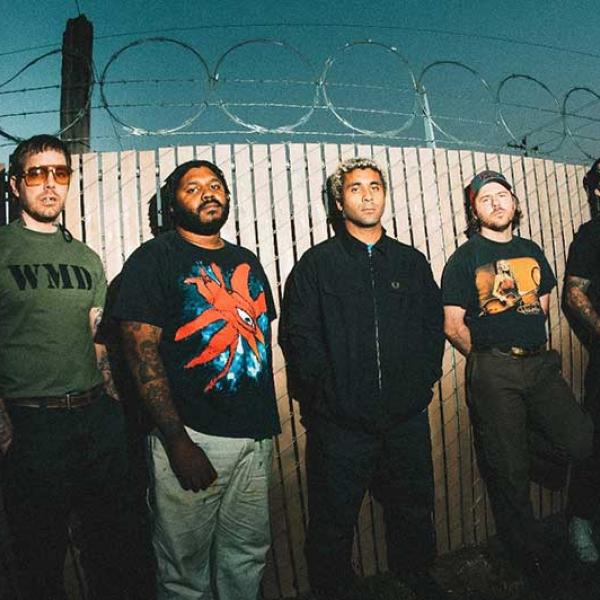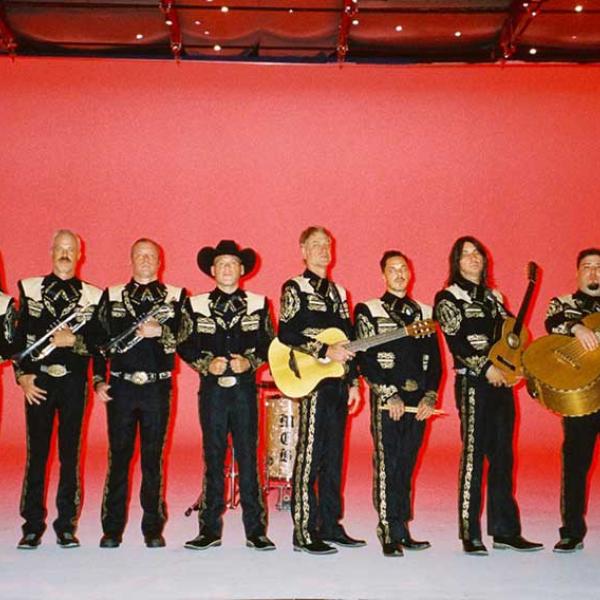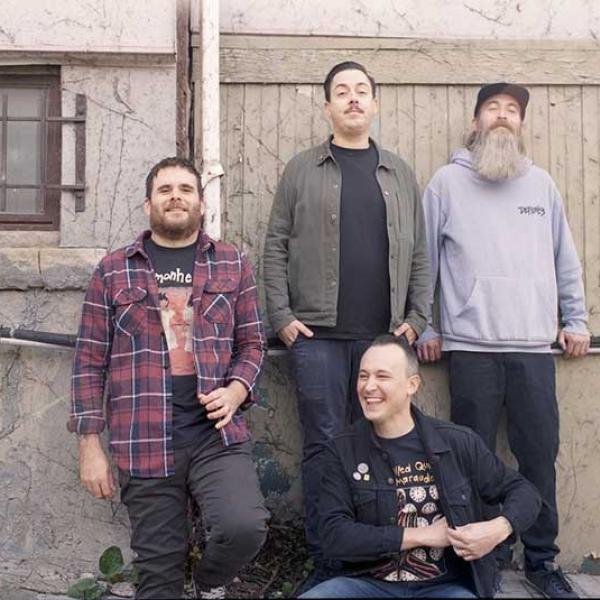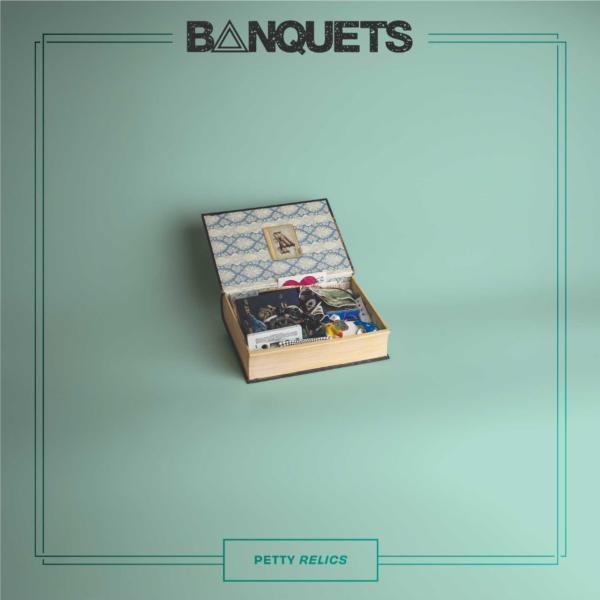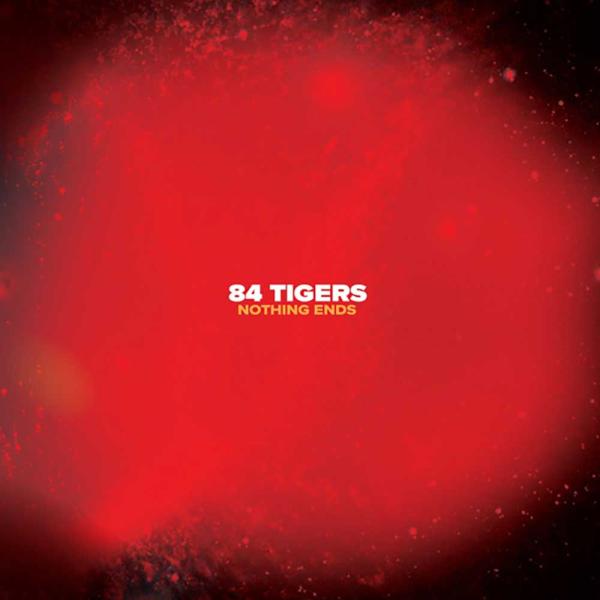Features
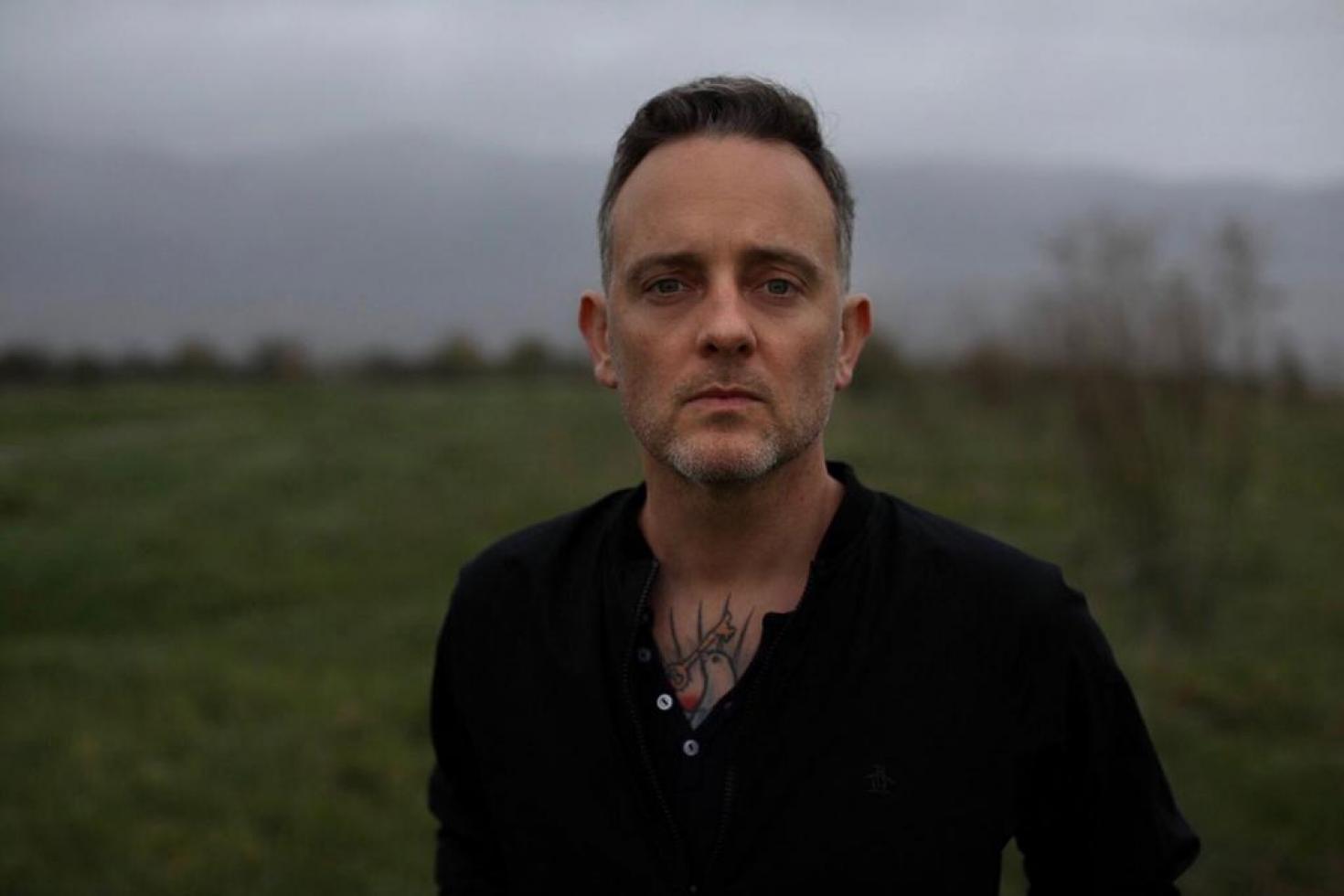
- by Tom Dumarey
Dave Hause recently released his new album, 'Kick'. It is not only his finest album to date, but also the record that finds his brother Tim taking on a bigger role in the songwriting department. I recently had the chance to sit down with Dave at this year's edition of Groezrock to talk at length about the new album, working with your brother, songwriting, becoming a father, his relationship with hardcore and ... well, on how to live a good life basically. Read on for life lessons from Dave Hause!
PRT: Is this the first album where it was not just you writing pretty much everything?
Dave: Well, on the last album I did some co-writing as well. But on this one, Tim touched every song. So this is the first time that it was a pretty full collaboration. It was a fun process. Plus it’s easier to get things done when there is more than one person because you have someone to bounce ideas off of.
PRT: Did you feel less pressure on your shoulders?
Dave: Well, I guess maybe a little. The pressure is always there to make the songs good and to do a good job. But to have someone help you with the load... it’s kind of like you’re pulling the cart like an oxen and then someone comes alongside you and helps you pull it. So in that sense it is a little less of a load. But there is still that pressure. You still have to get the whole thing up the hill.
PRT: When was the first time you realized that damn, my brother can write a song!
Dave: I don’t know. I just got a sense for it when I brought him out in 2014 to play with me. Just speaking to him at length. Because once you are on tour, you are with them for 24 hours a day and so we were able to talk a lot about songs and about music in general. And obviously, we are brothers so we knew each other well. But when you spend that much time together - day and night, rooming together - it just became very clear that he had a lot of great ideas. And so they started to make their way into ‘Bury Me In Philly’ and then really made their way in with ‘Kick’.
PRT: And has that changed your relationship as brothers as well?
Dave: Yeah. There’s a 15-year gap between us and I think that just by virtue of spending all this time together and working together on the same project with the same goal, it has helped close that gap. Obviously I have been touring and making records a lot longer so there’s a certain deferment on his part. But creatively, if you are going to go in a co-writing situation, you have to be open. I can’t go in there thinking I know everything. That would defeat the purpose of collaborating. But the trust that we have allows that process to move quicker than it would with someone I don’t know. So yeah, it’s pretty exciting.
PRT: And was it easy for you to let go of control a little bit?
Dave: Well, the proof is always in the pudding. What you need to do is serve the song. And that’s an exercise in taking your ego out of it. I think that the ego is the enemy. And that goes for every creative endeavour. Or life, really. If you are given the gift by the universe or whatever where you can reach people, you want to be a good vessel. You want to work to your best strengths, but you don’t want it to be about you. It has to be about the song. And so I try to stay out of the way.
PRT: Is that something you had to learn?
Dave: Yeah, I think so. I learned it in old bands or by watching other bands. You kinda see when ego fucks with things. Some of it is me taking steps in my own life to try and mature. Like, I quit drinking years ago. You want to try and be on a quest for self-betterment, to have gratitude and to try and not fuck up good things that are happening around you. Be part of the solution instead.
PRT: You getting sober, was that because you had a sense of that it wasn’t going in the right direction?
Dave: Yeah, it was something I was pretty good at.
PRT: Not the thing you want to be good at...
Dave: That’s right (laughs).I think ultimately I could sense that trouble was ahead. Or that trouble had already found me. I’ve been through divorce, bands breaking up, opportunities I had that went away. And i just knew that even more trouble was ahead. I was in a relationship with my - now - wife that I wanted to preserve. And I was a solo artist so you can’t break up with yourself, but I could crash the ship I suppose. So it was that or I could try and steer away from some of the icebergs I could see coming. And thankfully, I was able to get a grip on that and go forth without some of the things that I think would have proved troublesome.
PRT: Is there some kind of brotherly rivalry between the two of you to see who can outwrite the other? Or where you push each other?
Dave: Maybe in like a ‘check this out!’ kind of way. Trying to impress each other. What I think happens is that... when you look at rock ‘n roll history, there are a lot of brother bands that don’t get along. Like Noel and Liam Gallagher or the Robinson brothers from The Black Crowes. But most of those brothers are close in age and so they are vying for a lot of the same resources. Tim and I were never at war for the same resources. When he came into the family, I was 15. If anything, his birth brought me and my sisters and my parents all together because we had a common interest. I had three sisters and now I finally had a brother. So instead of only wanting to get high, play rock ‘n roll and chase girls, I had something familial that was a magnet. And so Tim, he’s like a treasure to me. Someone I feel very fortunate to have in my life. Always have. So no, there is no competition. If anything, I’m pushing him to come to the front more.
PRT: That’s so cool that you get to share that together.
Dave: It really is, man. And everyone seems to say that and I’m always like ‘I agree’ (laughs). Because so many people don’t get along with their siblings. And he is so good at it. He helps me want to be better and I’m just in awe of his talent. It’s a real blessing.
PRT: I read an interview where you talked about looking at the writing and recording more as a job now than you did before.
Dave: Well yeah, in some aspects. I think it’s like fishing because you spend a lot of time with your fishing line in the water, hoping you get a bite. But you have to show up and fish. It’s a job that you have to put time into and work at to become better. So yeah, in a way it’s like a job but I do think there’s a certain element of magic to it that I’m very much aware of and very much in awe of. I try to not just punch the clock.
PRT: But you have to put in the hours and wait...
Dave: ... for that spark. Yeah, exactly. So in that way you are almost married to a magic trick or a mystery where you are waiting for something to happen that puts the hairs on the back of your neck up. And then you can do some crafting, things like rhyming. Or at least, I do because I like to hold to a common song structure. I like that because I think it’s a way to deliver the information in a way that’s compelling. You know, the familiarity is part of it to me. But yeah, I do look at it like a job in that you have to show up for it. Not sleep late, leave early. It’s time to be disciplined. And my life has been in an upheaval since my sons came. But even here now on tour, you can structure your day and put some time in for songwriting.
PRT: Even when you’re on tour?
Dave: It’s really hard, but yeah. Not today, because we’re at a festival and today is crazy. But after today, we have mostly headlining shows and so I don’t have to be at soundcheck until 2 or 3. So when I wake up, I’ll spend an hour with my notebook and my guitar and hope a fish comes along.
PRT: Are songwriters masochistic in a way? There are so much more songs about being miserable than about being happy.
Dave: I don’t know what my take on that would be. I think that when you are dealing with creative people, you are dealing with sensitive people. And when you are sensitive, you are tuned on to some of the facts of the world that are true. Which are that we chase profit, we are greedy and the human condition is a messy one. And I think that to a sensitive soul, that is unnerving. That it’s like ‘what do I do with this information? I thought it wasn’t gonna be like this’. You know? And I think that might be why you are more prone to write about those things. But hey, this is just me making it up as I go along (laughs).
PRT: Most of my favorite albums are upbeat and melodic musically, but come with darker lyrics. The two just go together incredibly well. ‘Kick’ is a darker album as well, but there is always this glimmer of hope.
Dave: Yeah. I mean, if there’s no hope than why make the record? Or why go to the festival? But as far as the musicality of it, I’m drawn to melody. It’s funny because when you are at a festival like this, there is a lot of hardcore and metal music. And I guess that’s sorta where I come from. I used to work for Sick Of It All back in the day and played in hardcore bands. It’s hard for me to interface with that music as much now. I get the energy, but I like melody. I like it to be a song that you can stick in your head. And that’s just the way I write I guess. The older I’ve gotten, the more I go with what feels right. When I was young, I wanted to be punk or whatever and now I just want it to be a song I can remember (laughs). Well, not only remember how to play, but I also want someone to remember how the song goes. Like when I say something about ‘Saboteurs’, I would like people to say ‘oh Saboteurs, that goes like this’.
PRT: Well, I think it’s safe to say people are going to remember ‘Saboteurs’. It’s my favorite song off the new album. Isn’t it also because when you are younger, you have a lot more pent up anger inside of you and you are like fuck yeah!
Dave: I think so. Not just filled with anger, but you have a physical energy to burn. And you probably haven’t learned to exercise yet (laughs). It’s often peculiar for me to look at it now. I have respect for it but when I started the Loved Ones, that just made more sense to me. That’s the kind of music that comes out of me. I don’t naturally gravitate towards writing mosh parts. I understand it and I respect it but it’s not... when we play a festival like this, you have bands like Comeback Kid and I feel like the odd band out.
PRT: Well, yes and no... I’d say you blend in nicely.
Dave: Thanks. I hope so. We’ll see how the show goes!
PRT: I also read somewhere that you or your brother said something to the effect of let’s make a record, ten songs and if we end up playing three of them down the road than well, that’s not bad?
Dave: Yeah, that’s a funny quote. I wish I wouldn’t have said it. Because my brother wasn’t saying let’s make a filler album. He was saying that the act of making albums isn’t service to the songs. And I think the difference between he and I is that he wasn’t necessarily raised in the era of albums. You know, he’s a younger kid where singles are big.
PRT: That was my next question (laughs)
Dave: I think what he was saying was let’s make the album as great as possible. Let’s make each song as great as possible. And if we are lucky enough, we will have maybe three of them connect. And then when we make another album in a year or two and have two or three songs from that one, then eventually you might be ten years in and get to the point where you can make a set list that is sturdy. He certainly wasn’t saying we should put out a shitty album (laughs).
PRT: Do you still believe in albums?
Dave: For the kind of music that I make, I think it’s still the way that people want to receive it. I would love to just write a song, go in the studio and record it and put it out. I don’t think it will get heard in the same way. I mean, maybe if some of the bigger artists that are known for songwriting like Taylor Swift or Bruce Springsteen who are sort of in control of music culture... Maybe as they move the needle, it will become more accepted? For instance, we put out an EP in September that got so much less attention.
Well, we also didn’t put it out on a record label because I forgot about that part (laughs). And we didn’t press it in America. So really there’s a host of reasons why it got less attention (laughs). But I think the songs are every bit as good as the ones on ‘Kick’. But it does sorta tell you that when you set the table for people and let them know you are having a banquet, people will show up rather than when you are serving one sandwich. I don’t know if that’s the right analogy but it is different.
I would be perfectly fine to do it differently. I mean, I like to work this way but sometimes it’s hard to fit certain songs on an album. I have tons of songs that never made it on a record. Not because I don’t believe in them, but because they don’t serve the greater good of the record.
PRT: I think it’s fair to say you have been inspired by the likes of Springsteen, Petty,... Other than the obvious reason that they are really good, what is it about them that you look up to the most?
Dave: Coming from punk rock, I think they embody that spirit completely despite not calling their music that genre. And so for me - a person who loves melody and lyrics - they are so great at that and they are also people who stood defiant in the face of an inhuman world at times. And I feel like I can really relate to that. If you look at Brandi Carlile or Patty Griffin or any songwriter who by virtue of them being compassionate and kind, are taking a stand against an inhuman world. And I think that’s a punk rock ideal as well. But mostly for me with all of those songwriters, it’s in the work. Their songs are fabulous and I like songs.
PRT: If you could pick any of the greats’ career trajectory, whose would you sign for immediately?
Dave: I don’t know. There’s people who have done it with a lot of grace and dignity and who had a long go. Leonard Cohen was making records up until the point where he was very old. I’d like to do that. I’d like to have a perspective that people are intrigued by when you are very old. In the same way, you look at a guy like Billy Joel and he’s not giving you his perspective anymore. He’s just playing some shows and he can retire whenever he wants. But from an artistic standpoint, I feel like you want to be able to continue the discussion and so that would be some of the guys you named. Preferably the ones that are still alive. But mostly, I just want to see how this works out. I’ve got my brother, I’ve got my wife and kids and I’ve got a small batch of songs that have grown.
PRT: And so now you have three small things that are growing. How has becoming a dad been working out for you?
Dave: Not sure (laughs). When I got out of our bus this morning, I ran into Al Barr from the Dropkick Murphys. He’s a friend of mine and he’s the kind of guy that when you haven’t seen each for a while, he gets right into it. And he asks me how I’m doing with the dad guilt and when I said that it’s hard, he had nothing but good words for me. As a guy who has been doing it for a lot longer and on a much grander scale, the same truths apply if you are in the Dropkick Murphys or if you are Dave Hause. If you do it well, if you make the work sturdy, you keep your head about you and your feet on the ground and if you are kind to people, zero your ego down and make your family your focus when you are there and make your work your focus when you are here, then there is a way through. That’s what I hope for. I mean, it’s tough. But we’ll see how it goes. I get to do this work and I appreciate that opportunity, but I do love my two little sons.
I think that part of being an adult is like holding two or three or ten truths that are incongruent, that are at war with each other in your head at the same time. I know that this is fucked up, but this is life and I have to find a way through. And that goes for any realm. Being an American, every day is like that. I know we have a complete and utter con man in office, but I am an American. I can’t change that. So how do I live with that? I think that’s just part of being a person, trying to evolve.
And the same thing applies when you have a job that takes you from your family. Hopefully the way I write songs and the way that we perform, will turn more into a service. That it serves people. Because I get the messages from people who are struggling with sobriety or they lose their parent or a sister and they let me know that my songs were a comfort to them. There’s nothing like that. There’s no job I’ve had that’s like that. And more than being like a rock star, that is what I am after. And if I can do that and make a couple of bucks, enough to live with my family in a place that we like then that is a true gift.


